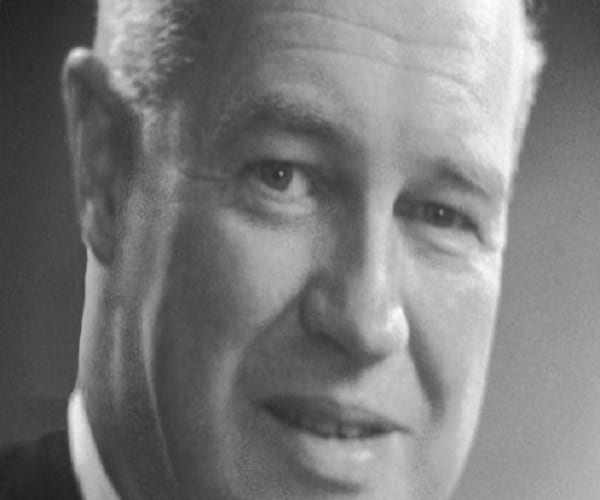Alexander R. Todd (2 October 1907 – 10 January 1997) was a British biochemist. Alexander R. Todd was awarded the Nobel Prize in Chemistry.
Life and Career
Alexander R. Todd was born on 2 October 1907, in Cathcart, Glasgow, United Kingdom.
He attended Allan Glen’s School in Glasgow and later studied at the University of Glasgow, where he developed a keen interest in chemistry. Todd received his bachelor’s degree in chemistry from the University of Glasgow in 1928.
In pursuit of further studies, Todd went on to earn a Ph.D. in chemistry from the University of Frankfurt, Germany, in 1931, where he worked under the supervision of Nobel laureate Robert Robinson.
Todd’s early research focused on the structure of natural products, particularly alkaloids. He returned to the University of Glasgow as a lecturer and continued his research.
During World War II, Todd played a vital role in the development of penicillin, an essential antibiotic.
His most significant achievement came in 1952 when he successfully synthesized the complex molecule adenosine triphosphate (ATP), which plays a critical role in cellular energy transfer.
He also served as a professor of chemistry at the University of Cambridge and later as the Chancellor of the University of Strathclyde.
Throughout his career, Todd made important contributions to the understanding of nucleotides, nucleosides, and the chemistry of DNA and RNA.
Alexander R. Todd passed away on 10 January 1997, in Cambridge, United Kingdom.
Award and Legacy
Alexander R. Todd was awarded the Nobel Prize in Chemistry for his pioneering work on the synthesis of complex molecules, particularly his synthesis of adenosine triphosphate (ATP), a critical molecule in cellular energy transfer. This prestigious award recognized his significant contributions to the field of chemistry.
Todd received numerous other awards and honors throughout his career, including the Perkin Medal (1969), the Copley Medal (1975), and the Royal Medal (1981) from the Royal Society, among many others. These accolades celebrated his exceptional contributions to chemistry and biochemistry.
Alexander R. Todd’s legacy is primarily defined by his significant contributions to the fields of chemistry and biochemistry. His pioneering work in synthesizing complex molecules, such as ATP, nucleotides, and nucleosides, advanced our understanding of the molecular basis of life processes. These contributions laid the foundation for further research and discoveries in these areas.
Todd’s involvement in the development of penicillin during World War II had a profound impact on medicine. Penicillin, an antibiotic that revolutionized healthcare by effectively treating bacterial infections, was crucial during wartime and continues to save lives today.
Todd’s remarkable career and achievements continue to inspire future generations of scientists. His dedication to scientific inquiry, innovative research methods, and commitment to advancing knowledge serve as a model for aspiring scientists worldwide.

